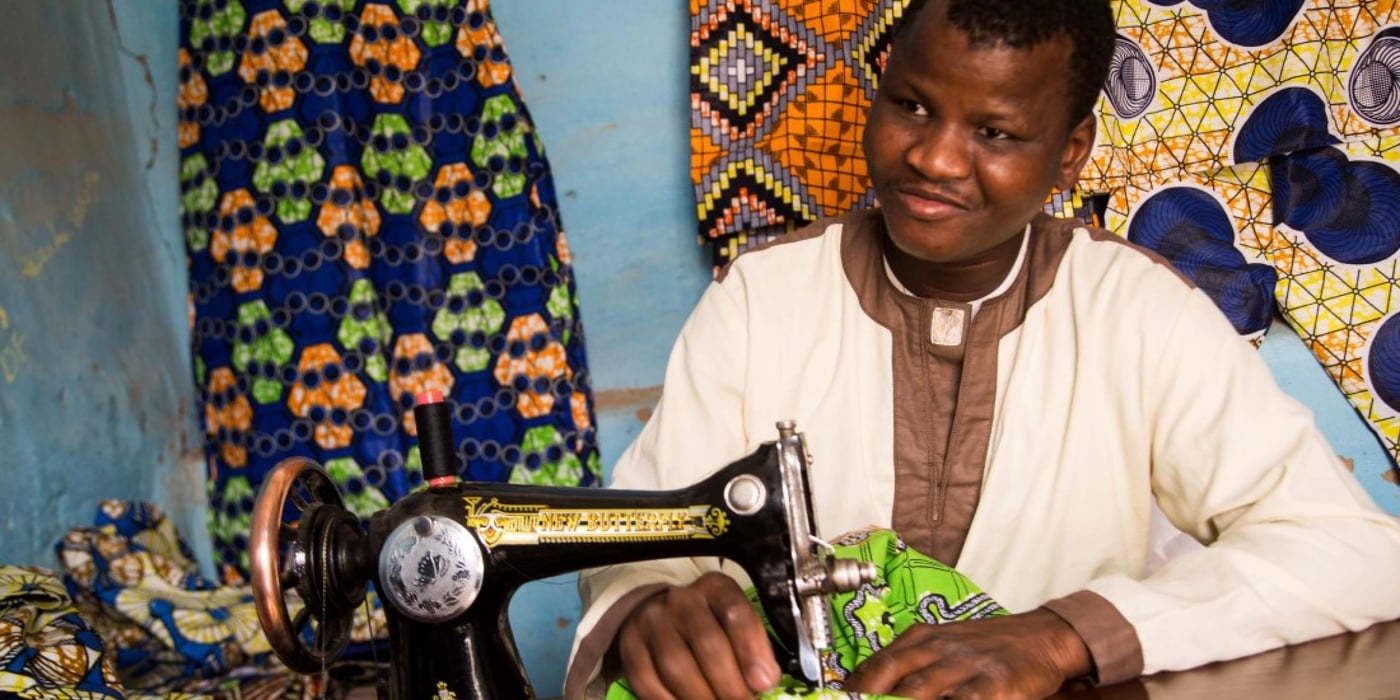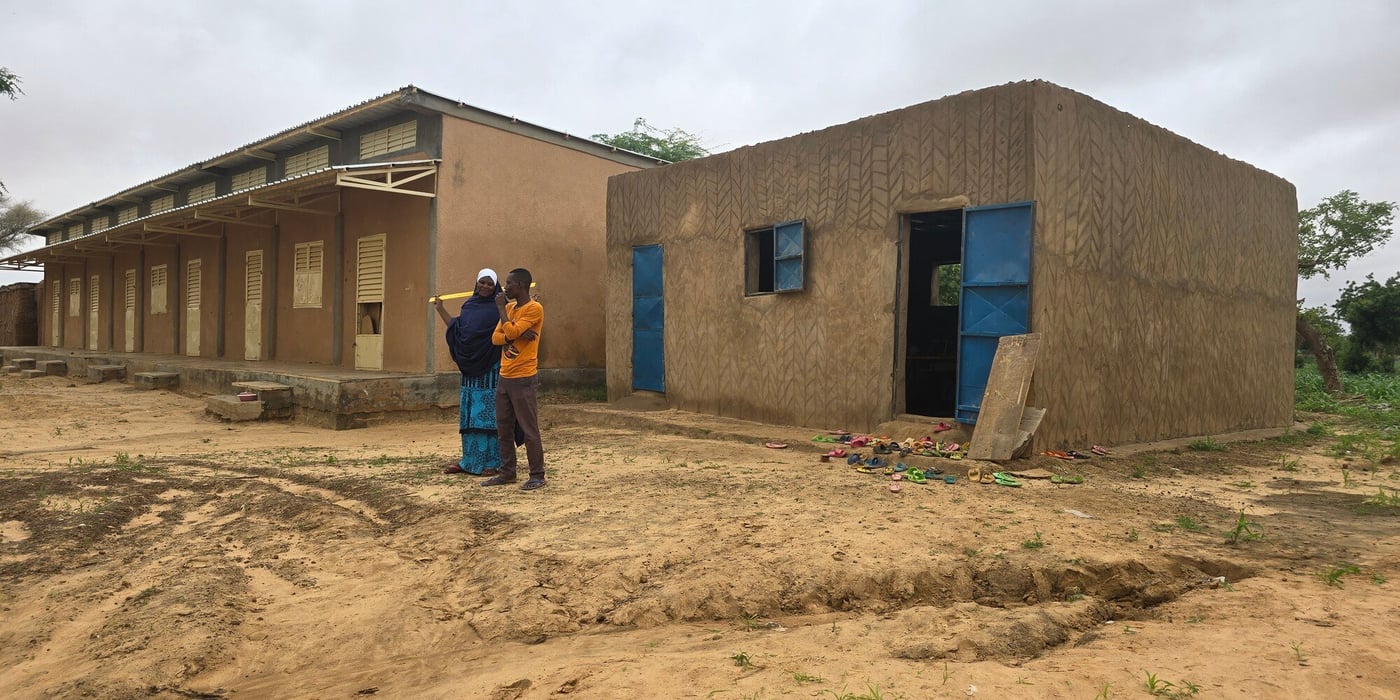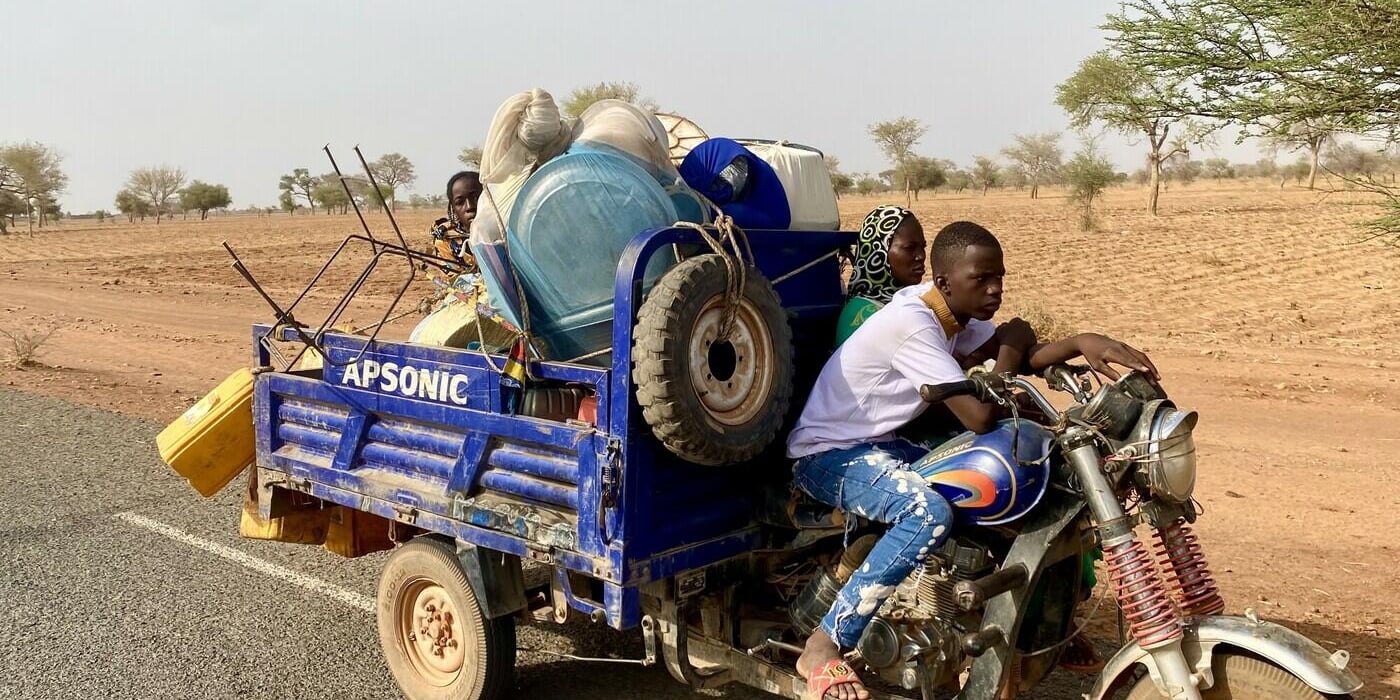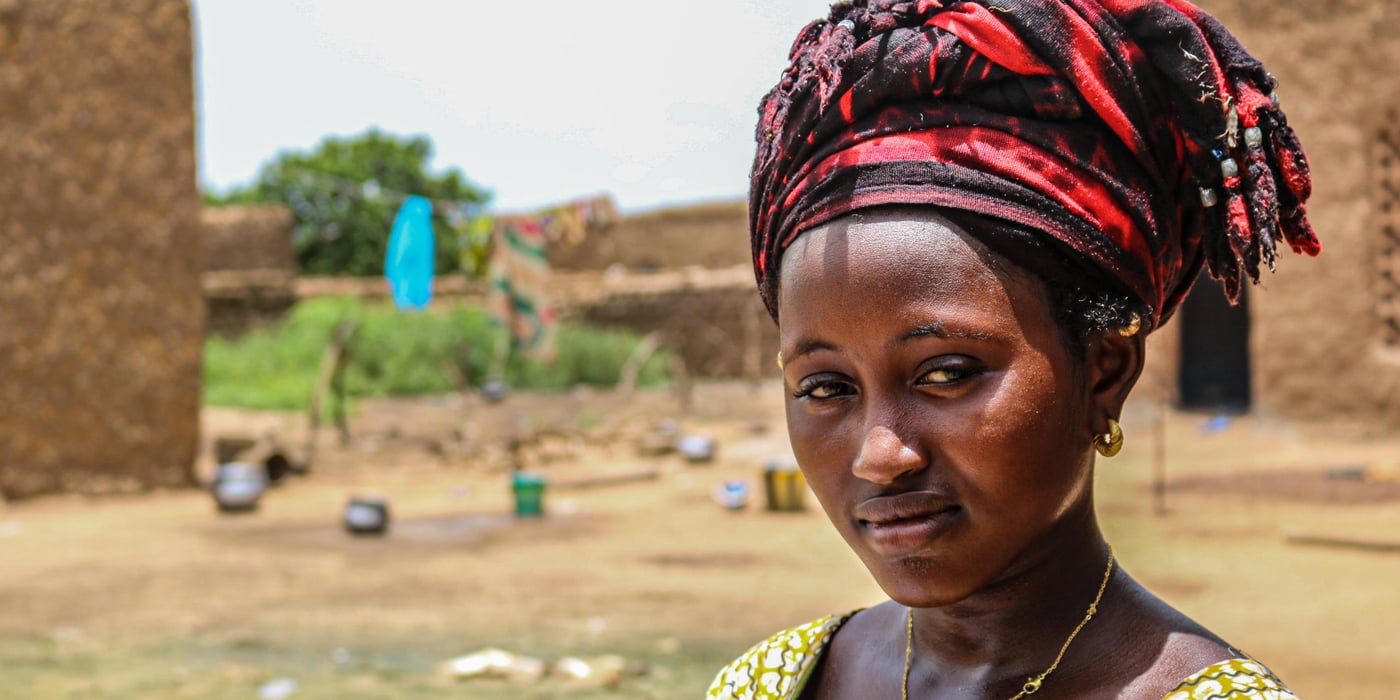
In 2012, when radical groups took control of Mali's northern regions, more than half a million Malians were displaced from their homes.
Despite peace negotiations in 2014, conflict between groups seeking independence for the north has continued, leaving hundreds of thousands of people unable to return home. As a result, many young people continue to be deprived of educational opportunities.
In 2017, our initiatives improved access to vocational training for 241 young people affected by the conflict in Northern Mali.
Excited to learn a new trade
With funding from the Norwegian Ministry of Foreign Affairs, our education activities make a real difference for Malian youth. We strive to improve the living conditions of people affected by the crisis, especially for children and young people.
“It increases feelings of self-worth and teaches them skills that contribute to their communities,” says Prosper Nkwe Munsay , NRC’s education programme development manager in Mali.

Ready for business
In 2017, we started literacy and basic mathematics education for 15 to 24 year olds in the regions of Timbuktu and Gao. Young people who never went to school now had the opportunity to get an education.
We also began training for job skills in growth sectors including electricity, mechanics, painting, IT, sewing and wood carpentry.
When the 11-month training period ended, which included a period working as a trainee, we organised a graduation ceremony where the young students received their certificates and start-up kits. Celebrating together with family and public figures, the students described the classes as “a sense of hope for a better tomorrow.” The young graduates are now equipped to start their own business.
“The young people were, or were at risk of becoming, actors and victims of violence and abuse. Now they are capable of supporting themselves, because it supports them to choose different behaviors.”Prosper Nkwe Munsay, Education Program Development Manager.




